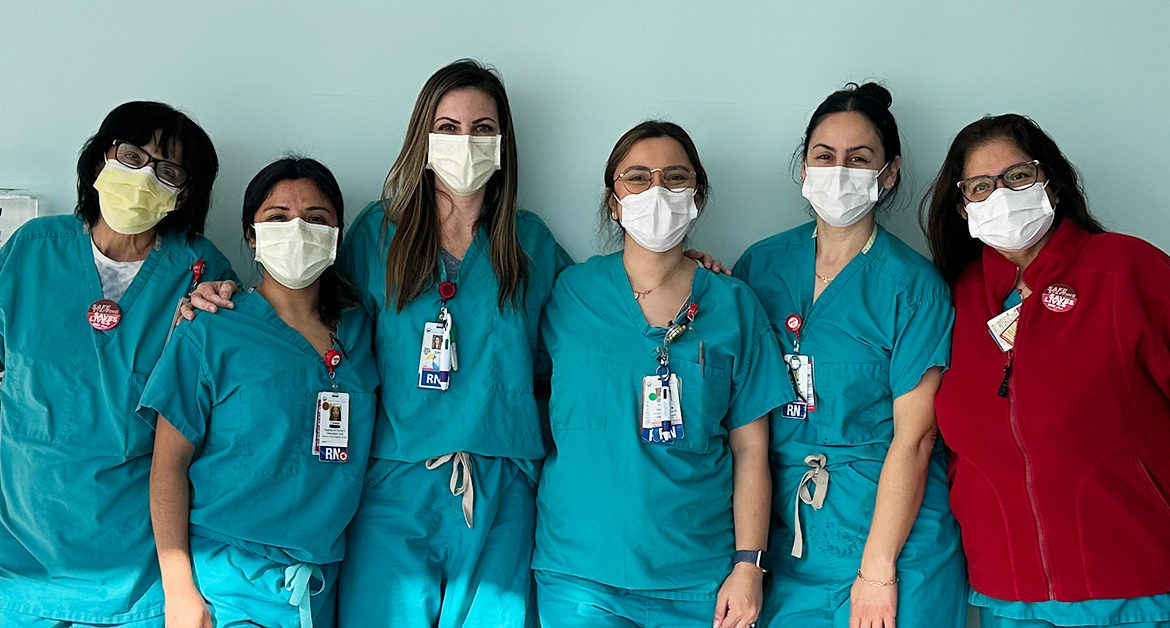Introduction
In the intricate web of healthcare, where science meets compassion, nursing emerges as the pulsating force driving patient care forward. More than just a profession, nursing is a calling—a blend of skill, empathy, and dedication that lies at the very core of healing. This blog embarks on a journey to explore the multifaceted realm of nursing, from its historical roots to its modern-day significance, and celebrates the tireless efforts of nurses worldwide.

Historical Foundations: Florence Nightingale and the Birth of Modern Nursing
The story of nursing is deeply intertwined with the pioneering work of Florence Nightingale, whose efforts during the Crimean War in the 19th century laid the groundwork for the nursing profession as we know it today. Nightingale’s emphasis on sanitation, compassion, and patient care revolutionized healthcare practices and set a standard of excellence that continues to inspire nurses worldwide.
The Essence of Nursing: Bridging Science and Compassion
At its essence, nursing embodies a delicate balance between scientific expertise and human connection. Nurses serve as the compassionate guardians of health, providing comfort, care, and support to patients during their most vulnerable moments. The essence of nursing lies in:
- Empathy in Action: Nurses possess a unique ability to understand and empathize with the physical, emotional, and psychological needs of their patients. This empathetic connection fosters trust and enhances the healing process.
- Advocacy for Patients: Beyond administering treatments, nurses serve as advocates for their patients, ensuring that their voices are heard and their rights are respected within the healthcare system.
- Holistic Care Philosophy: Nursing embraces a holistic approach to patient care, recognizing that individuals are complex beings with interconnected physical, emotional, and social needs. This comprehensive approach ensures that patients receive personalized and holistic care that addresses their overall well-being.
The Evolving Role of Nurses: From Bedside Care to Leadership and Innovation
Over the years, the role of nurses has evolved to encompass a wide range of responsibilities and specialties. From providing direct bedside care to assuming leadership positions, conducting research, and driving innovation, nurses play a critical role in every aspect of healthcare delivery. Some of the diverse roles within the nursing profession include:
- Clinical Nursing: Clinical nurses are at the forefront of patient care, providing direct medical treatment, monitoring patient progress, and offering emotional support to patients and their families.
- Specialized Nursing: Nurses often choose to specialize in specific areas of healthcare, such as pediatrics, oncology, critical care, or mental health, allowing them to develop expertise in their chosen field and provide specialized care to patients with complex needs.
- Nurse Educators: Nurse educators play a vital role in training the next generation of nurses, sharing their knowledge and expertise through classroom instruction, clinical supervision, and mentorship.
- Nurse Leaders and Administrators: Nurse leaders and administrators oversee healthcare units, develop policies and procedures, and ensure that healthcare facilities operate smoothly and efficiently.
- Public Health Nursing: Public health nurses focus on promoting health and preventing disease within communities, working to address health disparities, promote healthy behaviors, and improve access to healthcare services.
Education and Training: The Foundation of Nursing Excellence
The journey to becoming a nurse begins with rigorous education and training that prepares individuals for the challenges and responsibilities of the profession. Nursing education programs, ranging from diploma programs to bachelor’s and master’s degrees, provide students with the knowledge, skills, and clinical experience needed to deliver high-quality patient care.
Technology and Innovation: Enhancing Nursing Practice
Advancements in technology and innovation have transformed the field of nursing, enabling nurses to deliver care more efficiently, accurately, and effectively than ever before. From electronic health records and telemedicine to wearable devices and remote monitoring tools, technology has become an integral part of modern nursing practice, allowing nurses to stay connected with patients, collaborate with healthcare teams, and deliver care across diverse settings.
Challenges and Opportunities: Navigating the Complexities of Healthcare
While nursing is a rewarding and fulfilling profession, it is not without its challenges. Nurses often face long hours, high levels of stress, and limited resources, all of which can take a toll on their physical and emotional well-being. Additionally, nurses may encounter ethical dilemmas, cultural differences, and systemic barriers that require careful navigation and advocacy.
However, despite these challenges, nursing also presents countless opportunities for growth, advancement, and meaningful impact. Nurses have the opportunity to make a positive difference in the lives of individuals and communities, advocating for health equity, promoting preventive care, and driving innovation in healthcare delivery.
Conclusion: Honoring the Unsung Heroes of Healthcare
In conclusion, nursing is not just a profession—it is a calling, a vocation, and a way of life. Nurses are the unsung heroes of healthcare, providing comfort, care, and compassion to those in need, often at the most vulnerable moments of their lives. As we reflect on the significance of nursing, let us pause to honor and celebrate the dedication, resilience, and humanity of nurses everywhere. Whether at the bedside, in the classroom, or on the frontlines of innovation, nurses are the heartbeat of healthcare, and their contributions deserve our deepest gratitude and respect.














